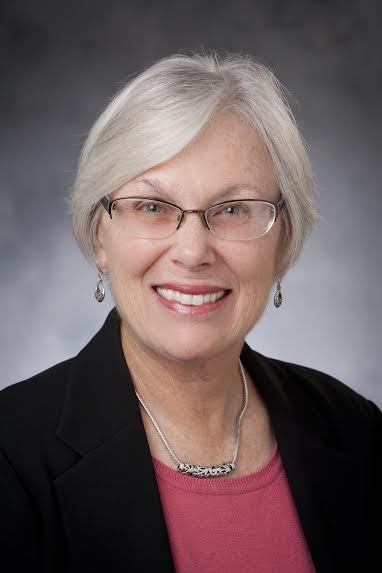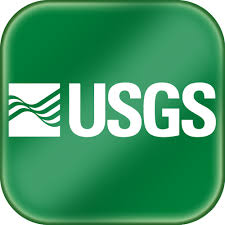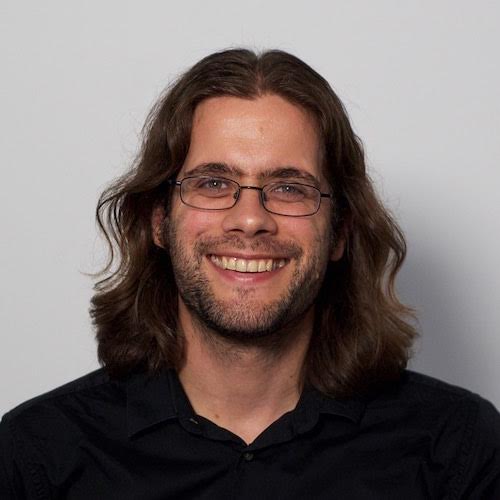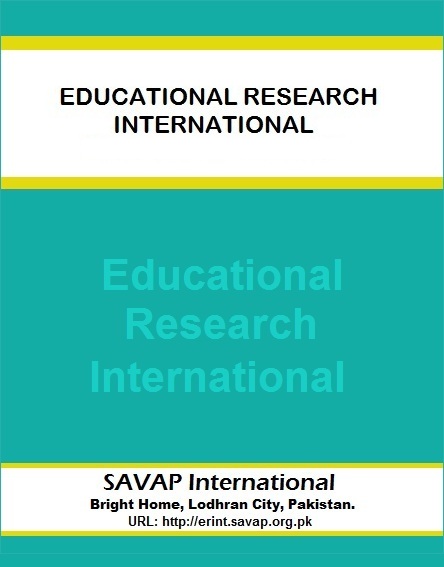![]() California State University, Northridge has settled a lawsuit with a former employee, who sued the university after claiming it fired him over his creationist beliefs.
California State University, Northridge has settled a lawsuit with a former employee, who sued the university after claiming it fired him over his creationist beliefs.
In 2013, Mark Armitage was fired from his position as manager of the biology department’s electron and confocal microscopy suite at California State University Northridge (CSUN), after publishing a paper in in Acta Histochemica that he believed showed the horns dated to the time of a biblical flood. The following year, Armitage sued CSUN, arguing he was fired because he is a creationist.
A spokesperson for California State University Northridge (CSUN) told us Armitage was terminated for other reasons, and the university chose to settle to avoid a lengthy legal battle: Continue reading University makes six-figure lawsuit settlement with creationist

 Our email alert acted up again this morning, so some readers may have missed the first post of the day, about a controversial topic: e-cigarettes.
Our email alert acted up again this morning, so some readers may have missed the first post of the day, about a controversial topic: e-cigarettes.
 The University of Cologne has conducted an investigation into the research of Tina Wenz, and determined that six papers should be pulled due to scientific misconduct.
The University of Cologne has conducted an investigation into the research of Tina Wenz, and determined that six papers should be pulled due to scientific misconduct. A U.S. Congressional subcommittee is investigating two cases of fraud affecting one Colorado lab run by the U.S. Geological Survey (USGS).
A U.S. Congressional subcommittee is investigating two cases of fraud affecting one Colorado lab run by the U.S. Geological Survey (USGS).
 Here’s something we haven’t seen before: A journal is asking tipsters to pay a fee to investigate a paper.
Here’s something we haven’t seen before: A journal is asking tipsters to pay a fee to investigate a paper.